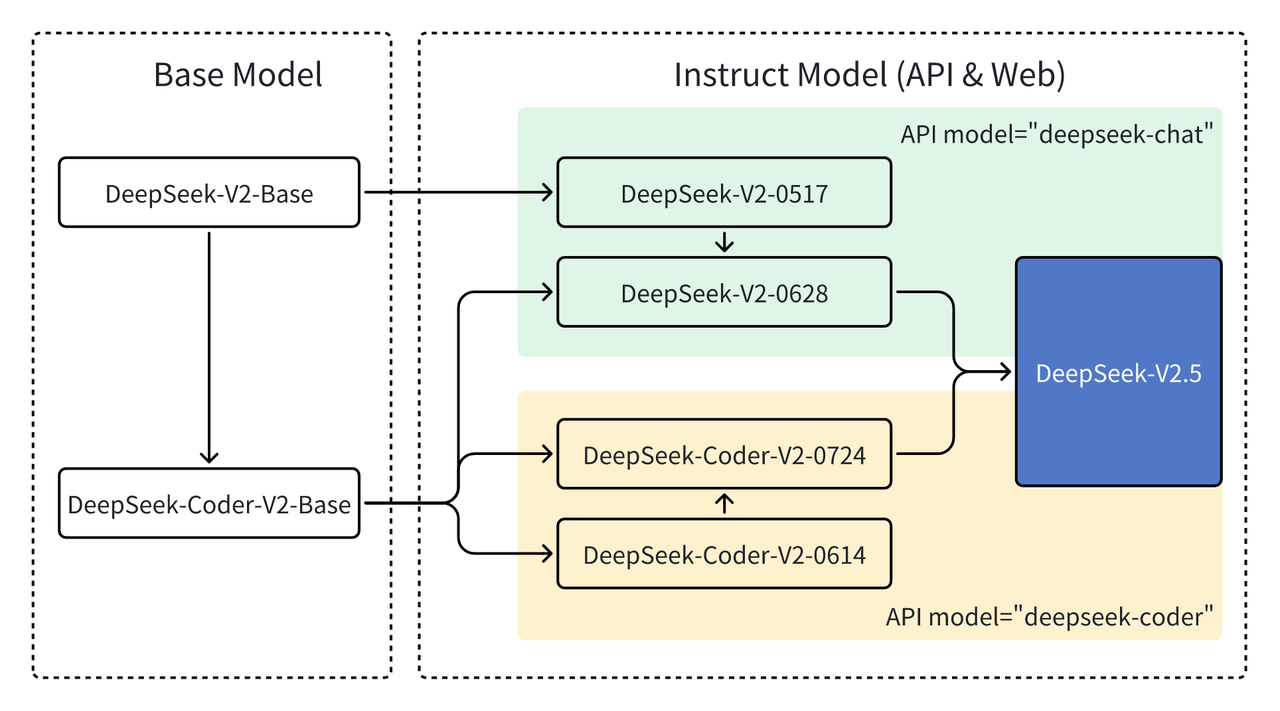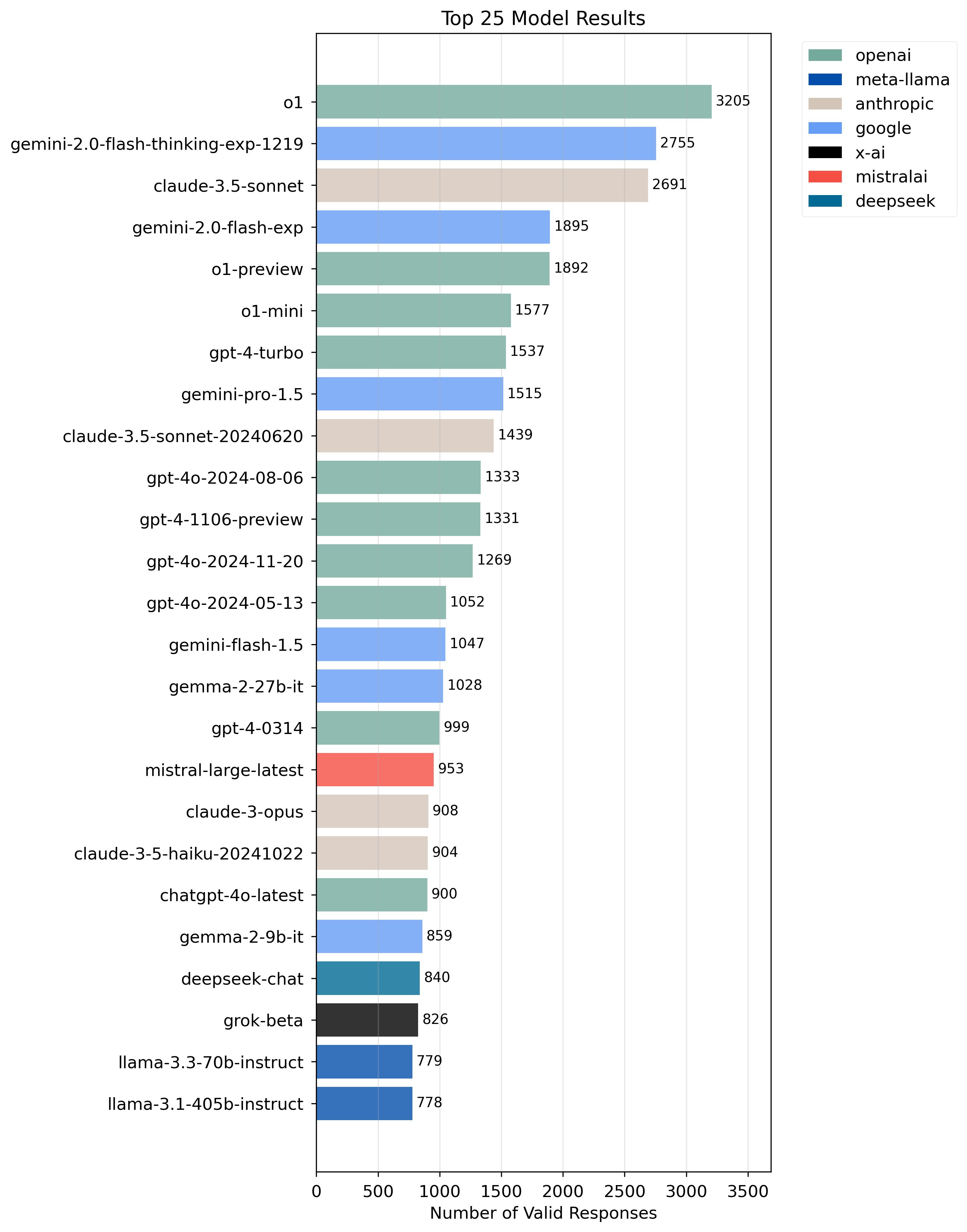DeepSeep-R1 chatbot, a groundbreaking innovation in the AI world, has actually just recently triggered an uproar in both the financing and innovation markets. Created in 2023, this Chinese startup quickly overtook its competitors, consisting of ChatGPT, and became the # 1 app in AppStore in numerous nations.

DeepSeek wins users with its low price, being the first innovative AI system offered free of charge. Other similar large language designs (LLMs), such as OpenAI o1 and Claude Sonnet, are currently pre-paid.
.png)
According to DeepSeek's developers, the expense of training their model was just $6 million, an advanced small amount, compared to its competitors. Additionally, the design was trained using Nvidia H800 chips - a streamlined variation of the H100 NVL graphics accelerator, which is enabled for users.atw.hu export to China under US limitations on offering innovative innovations to the PRC. The success of an app developed under conditions of restricted resources, as its designers declare, became a "hot topic" for discussion among AI and business professionals. Nevertheless, some cybersecurity experts explain possible threats that DeepSeek may bring within it.
The danger of losing investments by large technology business is presently amongst the most important subjects. Since the big language model DeepSeek-R1 initially became public (January 20th, 2025), its unmatched success caused the shares of the business that bought AI advancement to fall.
Charu Chanana, primary financial investment strategist at Saxo Markets, suggested: "The development of China's DeepSeek indicates that competition is heightening, and although it may not present a considerable threat now, future competitors will develop faster and challenge the established companies faster. Earnings this week will be a substantial test."
Notably, DeepSeek was released to public usage practically exactly after the Stargate, which was expected to end up being "the biggest AI facilities task in history so far" with over $500 billion in financing was revealed by Donald Trump. Such timing might be viewed as a deliberate attempt to reject the U.S. efforts in the AI innovations field, not to let Washington get an advantage in the market. Neal Khosla, a creator of Curai Health, which uses AI to enhance the level of medical help, called DeepSeek "ccp [Chinese Communist Party] state psyop + financial warfare to make American AI unprofitable".
Some tech experts' skepticism about the revealed training cost and devices used to develop DeepSeek may support this theory. In this context, some users' accounting of DeepSeek presumably recognizing itself as ChatGPT also raises suspicion.
Mike Cook, a researcher at King's College London specializing in AI, talked about the subject: "Obviously, the model is seeing raw actions from ChatGPT at some time, however it's unclear where that is. It might be 'unintentional', but regrettably, we have seen circumstances of individuals directly training their designs on the outputs of other designs to attempt and piggyback off their knowledge."
Some experts likewise discover a connection in between the app's founder, Liang Wenfeng, and the Chinese Communist Party. Olexiy Minakov, an expert in interaction and AI, buysellammo.com shared his interest in the app's fast success in this context: "Nobody reads the terms of usage and privacy policy, gladly downloading a completely complimentary app (here it is appropriate to remember the saying about free cheese and a mousetrap). And after that your information is kept and offered to the Chinese federal government as you communicate with this app, congratulations"
DeepSeek's personal privacy policy, according to which the users' information is stored on servers in China
The potentially indefinite retention period for users' personal info and ambiguous wording relating to information retention for users who have actually violated the app's terms of use may also raise questions. According to its privacy policy, DeepSeek can get rid of information from public access, but retain it for internal investigations.
Another threat prowling within DeepSeek is the censorship and bias of the details it provides.
The app is hiding or providing deliberately false details on some topics, demonstrating the threat that AI technologies established by authoritarian states might bring, and the impact they could have on the information area.

Despite the havoc that DeepSeek's release caused, some professionals show hesitation when talking about the app's success and the possibility of China providing brand-new innovative innovations in the AI field quickly. For example, the task of supporting and increasing the algorithms' capacities might be a challenge if the technological constraints for China are not raised and AI innovations continue to develop at the same quick speed. Stacy Rasgon, an expert at Bernstein, called the panic around DeepState "overblown". In his opinion, the AI market will keep getting financial investments, and qoocle.com there will still be a need for information chips and information centres.
Overall, the economic and technological changes triggered by DeepSeek might undoubtedly prove to be a momentary phenomenon. Despite its current innovativeness, the app's "success story"still has significant gaps. Not just does it concern the ideology of the app's developers and the truthfulness of their "lesser resources" development story. It is likewise a concern of whether DeepSeek will show to be resilient in the face of the marketplace's needs, and its ability to keep up and overrun its rivals.






